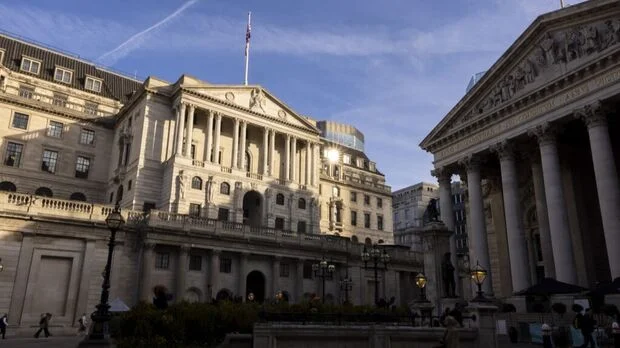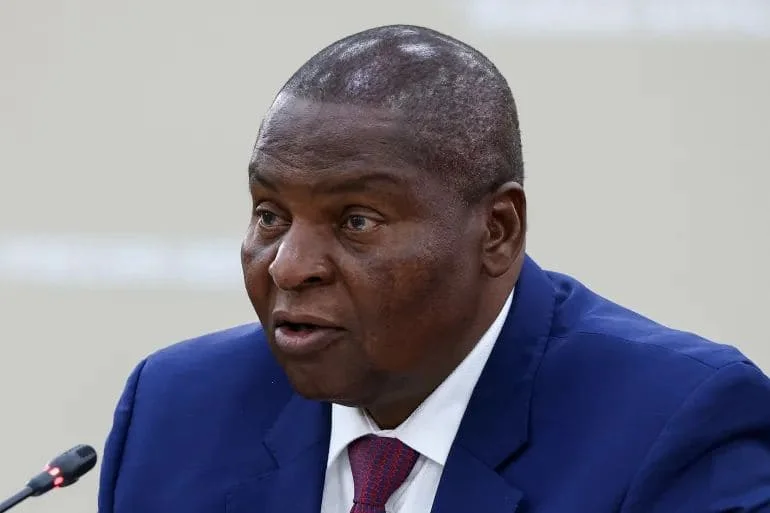Gertjan Vlieghe, a member of the Bank of England’s Monetary Policy Committee (MPC), has endorsed negative interest rates as a potential tool to bolster the UK economy, which faces a setback from a second wave of Covid-19.
In a speech on October 19, 2020, titled “Assessing the health of the economy,” Vlieghe warned that rising virus cases are stifling consumer spending and business investment, risking higher unemployment and necessitating further stimulus by year-end.
Economic Challenges and Policy Options
Vlieghe highlighted that the UK’s economic recovery since summer 2020, driven by pent-up demand post-lockdown, is faltering.
With GDP and labor market indicators below recession troughs and unemployment projected to exceed the Bank’s 7.5% forecast by December, he described the outlook as “skewed towards adding further stimulus.”
The MPC, which sets interest rates (then at a historic low of 0.1%), faces limited headroom for conventional measures, prompting consideration of negative rates.
Citing evidence from the European Central Bank and Bank of Japan, where negative rates have spurred corporate investment by discouraging cash hoarding, Vlieghe argued the risk of counterproductive outcomes is low.
“My own view is that the risk that negative rates end up being counterproductive to the aims of monetary policy is low,” he said, noting uncertainty as the UK has never implemented them.
A Bank of England investigation into negative rates’ feasibility, particularly IT system challenges for banks, is set to report in December 2020.
Concerns and Criticisms
UK banks have raised concerns about unprepared IT systems for processing negative-rate deposits and loans, fearing customers might withdraw funds to avoid losses.
Vlieghe acknowledged these technical hurdles but emphasized the need to expand monetary policy tools.
Other MPC external members—Silvana Tenreyro, Michael Saunders, and Jonathan Haskel—have expressed support for negative rates, while internal bank officials remain cautious.
Broader Economic Context
The UK economy contracted 19.8% in Q2 2020, per ONS data, with a partial rebound in Q3. However, the second Covid-19 wave, with daily cases exceeding 20,000 by October, led to renewed restrictions, dampening consumer and business confidence.
Vlieghe warned that job losses could accelerate, with the furlough scheme ending in October and unemployment already at 4.5% in August 2020.
The Bank’s £745 billion quantitative easing program, expanded during the pandemic, may also see further increases.
Implications and Outlook
Vlieghe’s remarks signal a potential shift in UK monetary policy, aligning with global trends where negative rates aim to stimulate lending and investment.
However, risks include reduced bank profitability and savers’ confidence, potentially driving cash outside the banking system.
As the MPC prepares for its November 5, 2020, meeting, markets expect additional stimulus, possibly including £100 billion more in bond purchases, to mitigate the economic fallout from Covid-19.






